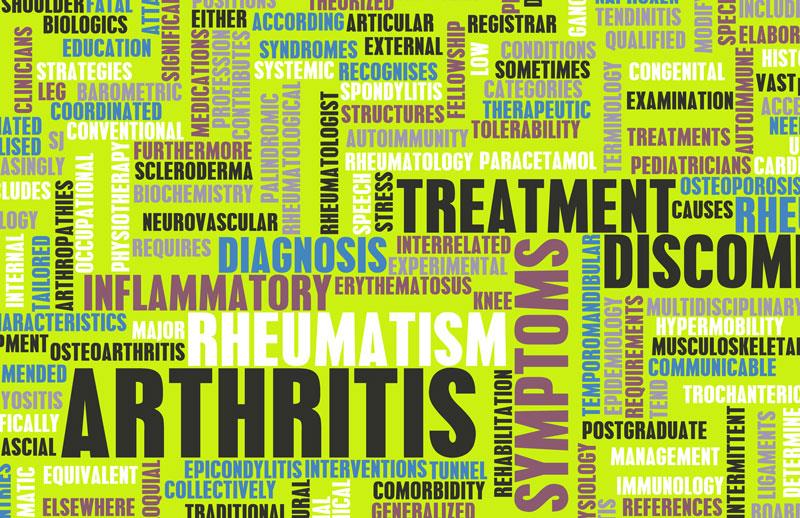
The Asia Pacific League of Associations for Rheumatology (APLAR) is developing Asia’s first guideline recommendations for the treatment of rheumatoid arthritis (RA).
The process entails rigorous review of existing evidence, said guideline chair Professor Chak-sing Lau from the Department of Medicine, University of Hong Kong. “This is a work in progress and we welcome opinions and feedback from practitioners managing RA patients.”
Treatment guidelines have been developed globally to aid clinicians in the care of patients with RA, but none of these take into account the practice setting in the Asia Pacific, Lau said. “It’s about time we get together, gather Asian perspectives and come up with a guideline to guide RA treatment decisions for our Asian patients,” he told Medical Tribune. The first draft of the guidelines was presented at the 16th APLAR Congress in Cebu, Philippines.
The Guidelines Working Group consists of multidisciplinary panel of experts, clinicians, researchers and patient consumers, who first defined the objectives and scope of the recommendations.
“Clinical questions were raised regarding the overall treatment goals and strategies, pharmacological treatment for symptom control, indications for conventional and biologic DMARDs [disease-modifying antirheumatic drugs], safety monitoring and management of treatment adverse reactions, particularly infective complications,” Lau said.
The Working Group does not advise the use of NSAIDS as “there is no evidence to suggest that NSAIDs modify the course of the disease.” Oral corticosteroids can be administered to control active RA in combination with conventional DMARDS.
Complete blood count, liver function and renal function tests, viral hepatitis serology and chest X-ray should be done prior to initiating methotrexate therapy. Monotherapy with conventional DMARDS or in combination should be started as soon as the diagnosis of RA is made. Methotrexate (MTX) is the first-line cDMARD for RA and is considered the “anchor drug.” Patients who cannot tolerate MTX may receive other cDMARDS (leflunomide, sulfasalazine and hydroxychloroquine) as first-line treatment. Bucillamine, igratimod, cyclosporine, azathioprine, IM gold or tacrolimus may be considered in some AP countries.
Combination cDMARD therapy should include MTX as the anchor drug unless it is contraindicated.
Lau said patients should be assessed every 1-3 months after starting treatment or after change of regimen until the disease is stabilized. Failure to achieve remission or low disease activity after maximum tolerated doses of two standard combination cDMARDS (one of which is MTX) for 6 months is considered treatment failure.
A biologic agent (TNF antagonists, abatacept, rituximab or tocilizumab) can be prescribed in patients who have inadequate response or intolerance to cDMARDS after evaluating history of infections (active or current), comorbidities, vaccinations and pregnancy and after screening for tuberculosis, HBV and HCV infections. Biologics are most effective when combined with MTX or other cDMARDS. In patients who have achieved remission with a biologic, reduction in treatment should be considered.
Finally, the Working Group recommends that RA patents be referred to a physiotherapist and occupational therapist for assessment and treatment to improve physical function and joint mobility.
Lau said the recommendations are preliminary and provide a basis for discussions as the Working Group prepares its final recommendations to be released this year.